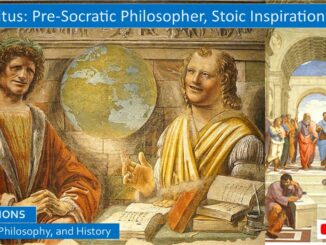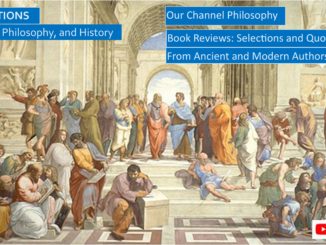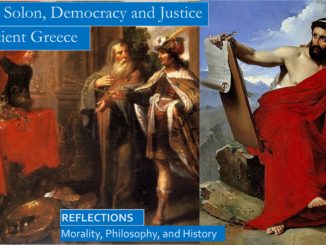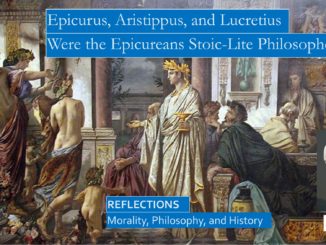
Heraclitus, Pre-Socratic Philosopher, Inspiration for Stoics and Church Fathers
What can we learn from reflecting on the surviving fragments of Heraclitus, the Pre-Socratic Philosopher? Many of his pithy sayings inspired the later Cynic and Stoic Philosophers, and the Church Fathers, including Clement of Alexandria and Hippolytus of Rome. These sayings by Heraclitus include: “God is day and night, winter […]




